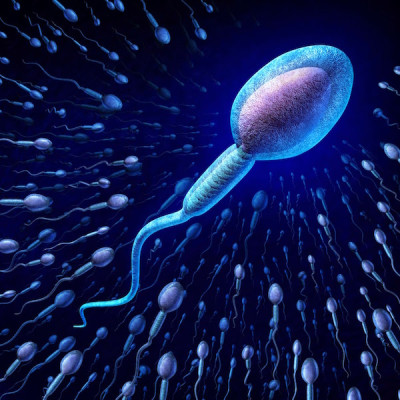Male Infertility

Often, an exact cause of infertility can't be identified. Even if an exact cause isn't clear, your doctor might be able to recommend treatments or procedures that will result in conception.
In cases of infertility, the female partner is also recommended to be checked. This can help to determine if she will require any specific treatments or if proceeding with assisted reproductive techniques is appropriate.
Treatments for male infertility include:
- Surgery. For example, a varicocele can often be surgically corrected or an obstructed vas deferens repaired. Prior vasectomies can be reversed. In cases where no sperm are present in the ejaculate, sperm can often be retrieved directly from the testicles or epididymis using sperm retrieval techniques.
- Treating infections. Antibiotic treatment might cure an infection of the reproductive tract, but doesn't always restore fertility.
- Treatments for sexual intercourse problems. Medication or counseling can help improve fertility in conditions such as erectile dysfunction or premature ejaculation.
- Hormone treatments and medications. Your doctor might recommend hormone replacement or medications in cases where infertility is caused by high or low levels of certain hormones or problems with the way the body uses hormones.
- Assisted reproductive technology (ART). ART treatments involve obtaining sperm through normal ejaculation, surgical extraction or from donor individuals, depending on your specific case and wishes. The sperm are then inserted into the female genital tract, or used to perform in vitro fertilization or intracytoplasmic sperm injection.
When treatment doesn't work
In rare cases, male fertility problems can't be treated, and it's impossible for a man to father a child. Your doctor might suggest that you and your partner consider using sperm from a donor or adopting a child.





